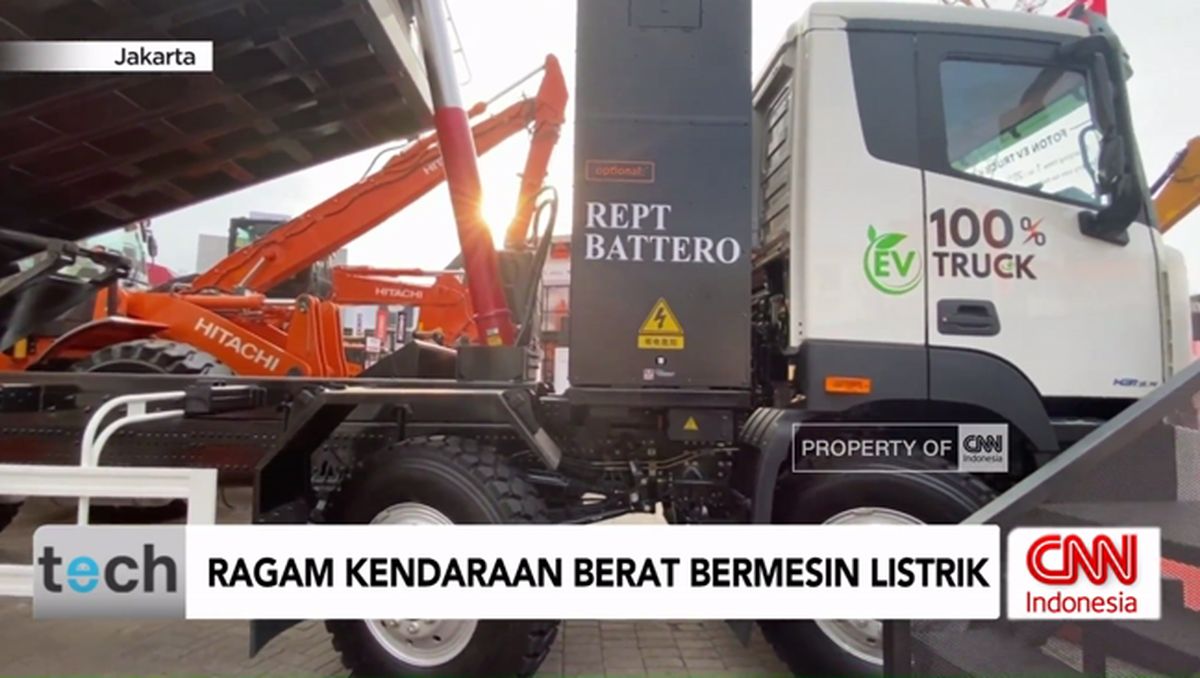For most of us, the past few years have been nothing short of a wild ride. After making it through the worst of COVID-19 lockdowns and the financial uncertainty associated with it, we’ve battled inflation in all its forms, from all-time high housing and mortgage costs to increases in grocery and utility prices.
While many believe the worst of the cost-of-living crisis is beginning to ease, in part thanks to measures like recent interest rate cuts, this blessing also risks becoming a curse. I’m talking about lifestyle creep.

An extra night of takeaway each week might innocuous, but it could be costing you more than you think.Credit: iStock
Similar to its better-known cousin bracket creep, lifestyle creep occurs when you suddenly find yourself with a bit more money to play with. Usually, it’s relatively small – a one-off pay rise or an annual CPI adjustment to your salary, or the money that once went towards HECS or credit card repayments that is now sitting pretty in your account because you’ve paid off that debt, or your mortgage repayments are a little lower thanks to recent interest rate cuts.
The problem with finding yourself with more money this way, as opposed to something like an inheritance or another lump sum, is that it can quickly become absorbed into our budgets and is oh-so-easily spent without us even realising it.
Maybe one week it’s splurging on an extra night of takeaway after a long day at work. Another week, it could be getting a taxi to the airport instead of using public transport. Perhaps you go for the slightly more expensive pair of running sneakers or a new work outfit. As the name suggests, it’s the kind of subtle change that creeps up on you.
And because this kind of spending is slow and small, it feels innocuous in the moment, making it a hard habit to spot. What’s more, it’s difficult to tell yourself off because you’ve undoubtedly worked hard for this extra money and spending it feels good.
For the first time in a long time, Australians are finding themselves with more money in their accounts.
But here is where you need to ask yourself a couple of critical things. Firstly, what are these small splurges offering your future self? Not cooking might make you feel good or make your life feel easier at the time, but how long will those feelings last?
Months down the track, will it have been worth it? And what has it done for your future self six months on? Will they be glad you got a slightly more impressive model of iPhone that has functions you don’t need or use, or will they be wondering why you didn’t put that money towards your next holiday?
Will they thank you for getting that pizza delivered, or be wishing you’d put it towards taking a cooking class on the Amalfi coast? Does the organic cocoa really make that birthday cake taste better than it did with the home brand stuff?
Loading
Another way to think of it is like this: If you’re anything like me, I’m going to guess that when you take your car to the mechanic or visit the dentist, settling the bill at the end does not spark joy. In fact, it’s probably something that is deeply annoying.
Though this kind of spending is never enjoyable in the moment, there’s a lot of long-term happiness that comes from not finding ourselves stranded on the side of the road or being kept awake at night with a toothache.
The same goes for spending associated with lifestyle creep spending. Say, for example, you’re earning $104,520 – which is what the Australian Bureau of Statistics says was the average wage in May 2025 – and you’re lucky enough to secure a 5 per cent pay rise. In a lump sum before tax, that equates to an extra $5226. But spread out across 52 weeks and after tax, it comes down to just $68.50.
But let’s say that for one year, you contributed those extra payments into an investment or savings portfolio and let it sit for five years. Even with a conservative interest rate of 5.5 per cent, by the end of those five years, that $68.50 will have grown to a very cool $19,824.05. Paul Kelly really wasn’t lying when he said “from little things big things grow”.
One of the reasons that this topic is so relevant to where we’re at right now is because, for the first time in a long time, Australians are finding themselves with more money in their accounts.

Got a pay rise? Don’t spend it all at once.Credit: James Davies
According to recent data from Finder’s June Consumer Sentiment Tracker, Australians are saving $932 each month – a substantial rise from June 2023, when the figure was $614.
Again, even if you just took that $318 (the difference in savings between 2023 and 2025) and invested a single year’s worth for five years, you’d find yourself not only with $21,297.44 at the end of five years, but also with $614 of savings at your disposal each month.
Over the same five-year course, that $614 equates to $36,840, which is still more than enough for some seriously high-quality lifestyle splurging.
Another reason why it’s worth paying attention to lifestyle creep right now is that we’re still at a point where almost half of all Australians have less than $1000 in savings and 18 per cent have none.
But like all habits, once you’ve become used to something, it can be difficult to give it up. Either because we like the way these things make our lives look or because they feel good in the moment. That’s why taking a step back and being proactive not just for your current self, but also your future self is so important the moment the opportunity to do so arises.
I understand all too well that when you have little in your account to begin with, transferring a spare $20 or $50 can feel like you’re pushing water uphill. But no short-term splurge is worth long-term financial insecurity.
You work hard for your money, and you deserve it to work hard for you in return. But it can do that only if you’re putting it to work. And unfortunately, those dopamine-loaded short-term feelings seldom come with a long-term pay off.
Victoria Devine is an award-winning retired financial adviser, a bestselling author and host of Australia’s No.1 finance podcast, She’s on the Money. She is also founder and director of Zella Money.
- Advice given in this article is general in nature and is not intended to influence readers’ decisions about investing or financial products. They should always seek their own professional advice that takes into account their personal circumstances before making any financial decisions.
Expert tips on how to save, invest and make the most of your money delivered to your inbox every Sunday. Sign up for our Real Money newsletter.
Most Viewed in Money
Loading


















































